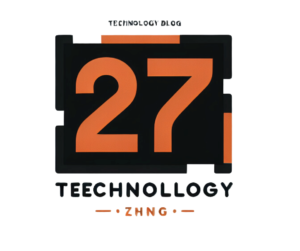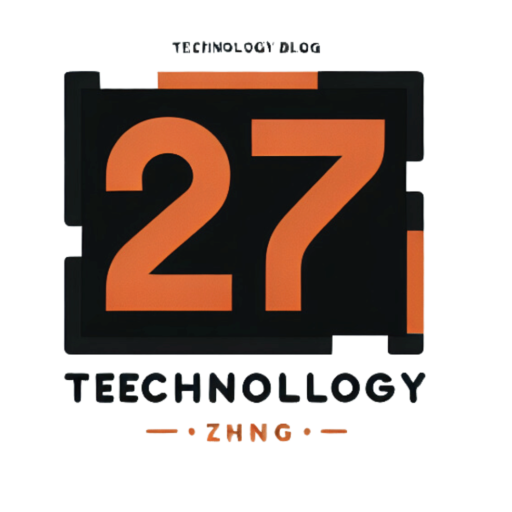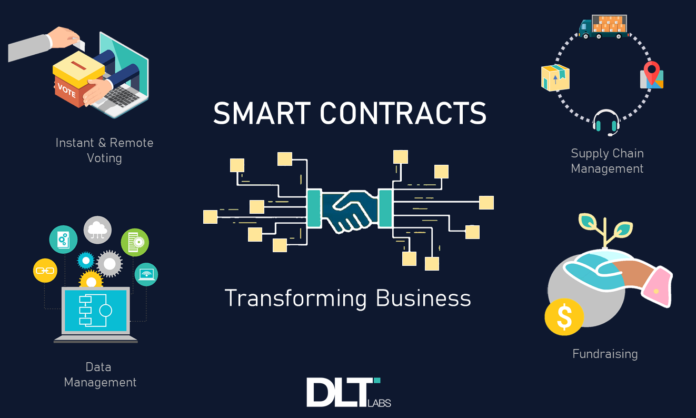
In 2024, smart contracts are transforming the landscape of human resource management (HRM). These self-executing contracts with the terms of the agreement directly written into code are enhancing efficiency, transparency, and security in HR processes. This article explores how smart contracts are revolutionizing HRM and why businesses are increasingly adopting this technology.
Understanding Smart Contracts
Smart contracts are digital agreements that automatically execute when predefined conditions are met. They operate on blockchain technology, ensuring transparency and immutability. Unlike traditional contracts, which require manual intervention and are prone to errors, smart contracts streamline processes and minimize risks.
Key Benefits of Smart Contracts in HRM
- Enhanced Efficiency
Smart contracts automate repetitive tasks, such as payroll processing, employee onboarding, and benefits administration. This automation reduces the time and effort HR professionals spend on these activities, allowing them to focus on more strategic tasks. For instance, payroll smart contracts automatically trigger payments based on predefined criteria, eliminating the need for manual calculations and reducing the risk of errors.
- Improved Transparency
Blockchain technology ensures that all transactions are recorded in a decentralized ledger, providing a transparent and tamper-proof record. This transparency helps build trust between employers and employees, as all parties can verify the contract’s terms and execution. In performance management, smart contracts can automatically record and verify achievements, ensuring fair and unbiased evaluations.
- Increased Security
The decentralized nature of blockchain technology ensures that data stored in smart contracts is secure and resistant to tampering. This security is crucial for HRM, where sensitive employee information is often handled. Smart contracts also reduce the risk of fraud by automating processes and eliminating the need for intermediaries.
- Cost Savings
By automating routine tasks and reducing the need for intermediaries, smart contracts can lead to significant cost savings for businesses. The reduction in paperwork, administrative overheads, and error correction costs contributes to a more efficient HRM system.
Practical Applications of Smart Contracts in HRM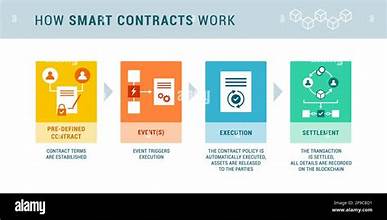
- Employee Onboarding
The onboarding process can be time-consuming and paper-intensive. Smart contracts can automate various steps, such as verifying employee credentials, signing employment agreements, and enrolling in benefits programs. This automation ensures a seamless and efficient onboarding experience for new hires.
- Payroll Management
Smart contracts streamline payroll processing by automating calculations and ensuring timely payments. They can handle complex payroll scenarios, such as overtime, bonuses, and deductions, with precision. This automation reduces the administrative burden on HR teams and ensures employees are paid accurately and on time.
- Performance Management
Traditional performance management systems often suffer from bias and lack of transparency. Smart contracts can record and verify performance metrics, ensuring fair evaluations. They can also automate the distribution of performance-based bonuses and rewards, ensuring employees are recognized for their achievements promptly.
- Compliance and Reporting
Compliance with labor laws and regulations is a critical aspect of HRM. Smart contracts can automatically ensure that employment agreements comply with relevant laws and regulations. They can also generate real-time reports for audits and compliance checks, reducing the risk of non-compliance and associated penalties.
Challenges and Considerations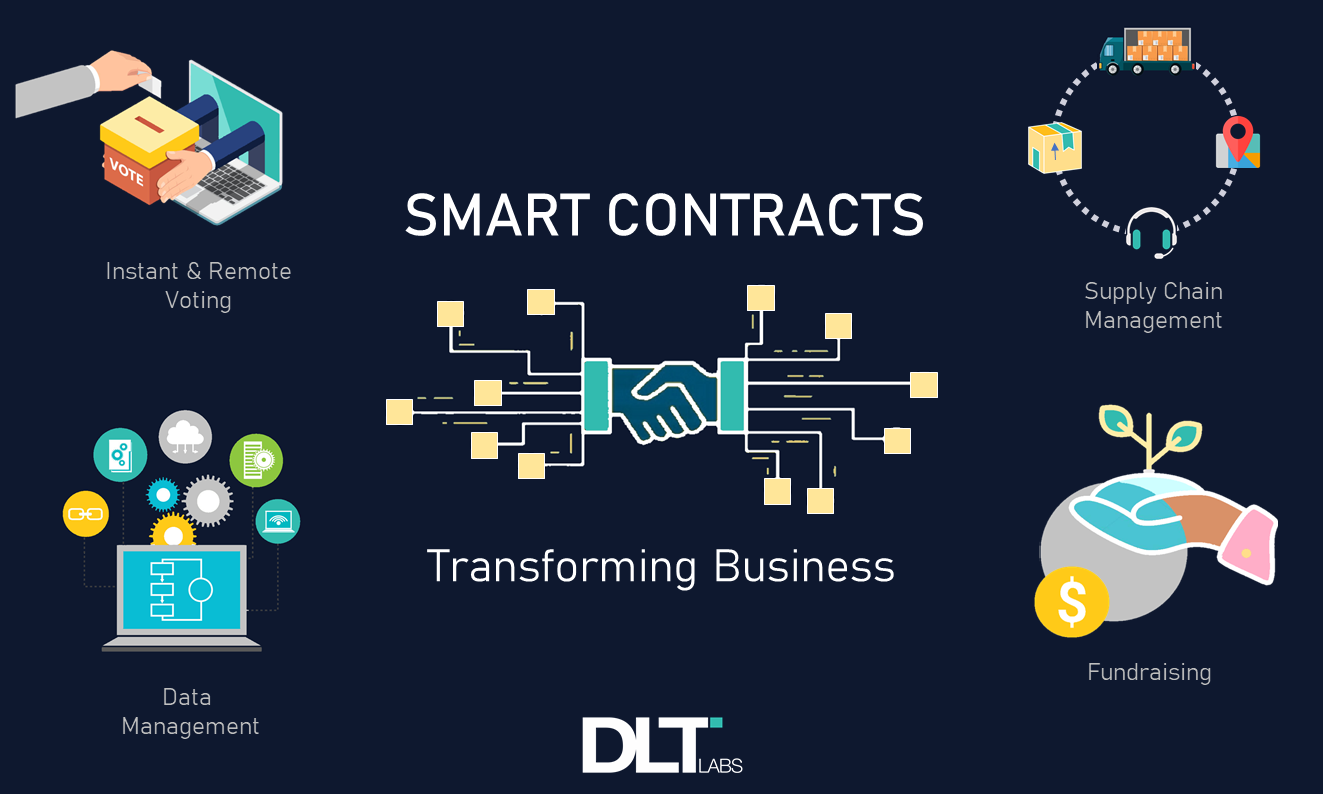
While smart contracts offer numerous benefits, their implementation in HRM also presents challenges. These include:
- Technical Complexity
Developing and deploying smart contracts require technical expertise. HR departments may need to collaborate with IT professionals or hire external experts to implement this technology effectively.
- Legal and Regulatory Issues
The legal status of smart contracts varies across jurisdictions. Businesses must ensure that their use of smart contracts complies with local laws and regulations. This may require legal consultation and careful drafting of contract terms.
- Employee Acceptance
The transition to smart contracts may face resistance from employees accustomed to traditional HR processes. Effective communication and training are essential to ensure employees understand and embrace the new technology.
The Future of Smart Contracts in HRM
As technology advances, the adoption of smart contracts in HRM is expected to grow. Their ability to enhance efficiency, transparency, and security makes them an attractive solution for businesses looking to optimize their HR processes. In the future, we can expect to see more innovative applications of smart contracts, further transforming the HRM landscape.
Conclusion
In 2024, smart contracts are revolutionizing human resource management by automating processes, improving transparency, and enhancing security. While challenges remain, the benefits of smart contracts make them a valuable tool for businesses aiming to streamline their HR operations. As this technology continues to evolve, it will play an increasingly significant role in shaping the future of HRM.
